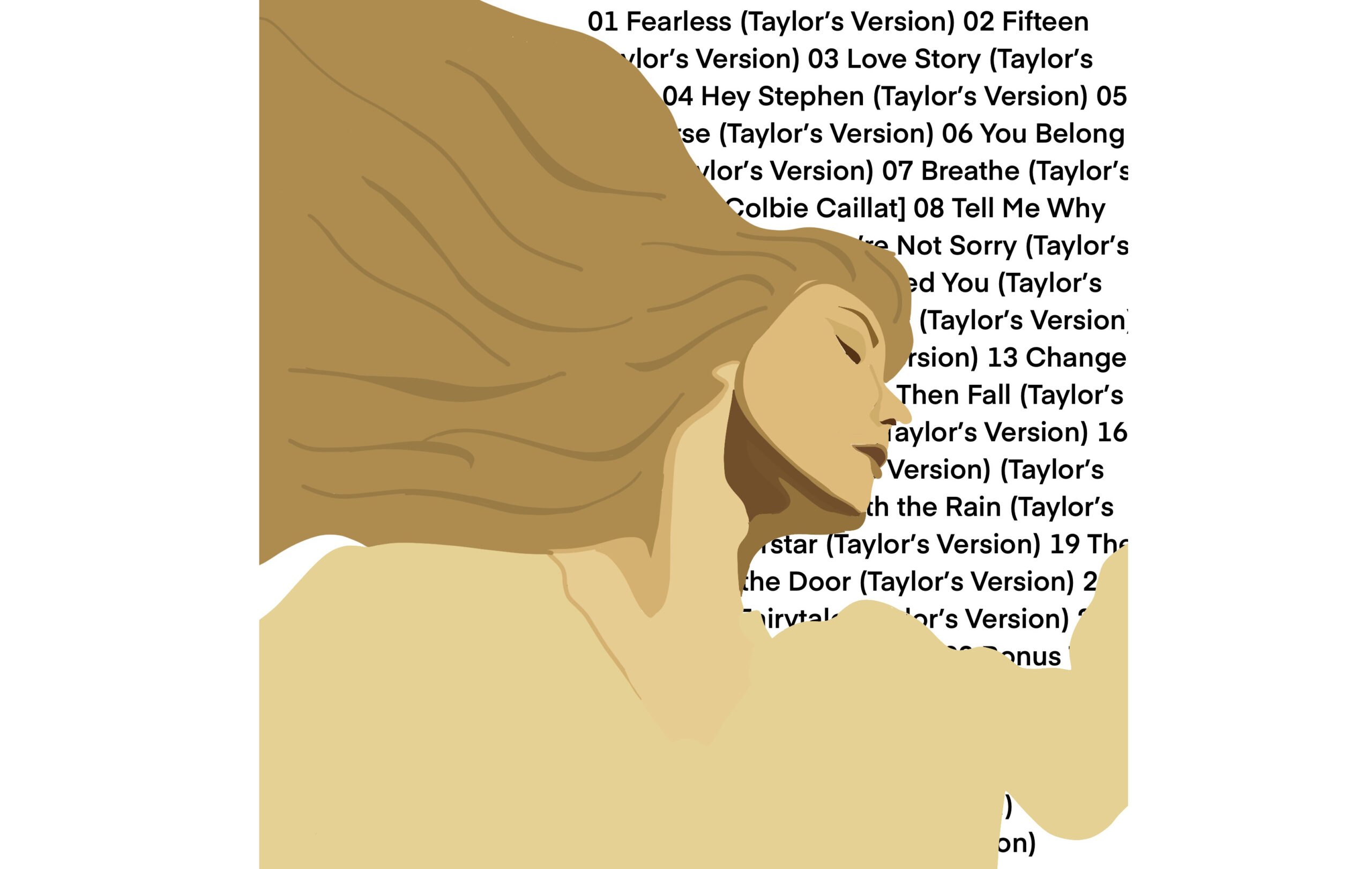Respect Taylor Swift’s right to own her own music

“For years I asked, pleaded, for a chance to own my work.”
On Jun. 30, 2019, singer-songwriter Taylor Swift’s masters were sold by her ex-label’s owner Scott Borchetta to Scooter Braun, a music manager known for having severely harassed Swift in the past. Swift was informed of the purchase of her life’s work, all the officially released recordings of her music at that point (namely, her first six albums), at the same moment it was released to the public. In a lengthy statement published on social media, Swift shared her side of the story.
“[Borchetta] knew what he was doing; [Borchetta and Braun] both did. Controlling a woman who didn’t want to be associated with them. In perpetuity. That means forever.”
Entering the industry at 15 and immediately finding success for her lyricism and vocals, Swift rapidly rose to the top of the charts and overtook the genres of both country and pop, one of the only artists to ever do so successfully. Following the release of her two most recent albums, alternative could even be added to that list, which would make her the only artist to have ever done this successfully.
None of what she created belonged to her. Never was she even given the opportunity to buy it back.
“This is my worst case scenario. This is what happens when you sign a deal at fifteen to someone for whom the term ‘loyalty’ is clearly just a contractual concept. When that man says ‘Music has value,’ he means its value is beholden to men who had no part in creating it.”
The exploitation Swift faces reflects the standard of the music industry for women, stripping them of any respect, independence or autonomy. As one of the most famous and successful artists in all of history, Swift’s situation is doubly horrifying.
The quotes pulled for this article were from her 2019 statement. Since then, her masters have been passed around into the hands of others, again without Swift’s knowledge or permission, and still under a contract that Braun still profits from.
Swift has since made the decision to re-record all of her music and release it a second time under a label that believes in artists owning their own music, Universal Music Group, thus devaluing the original copies and taking back what power she can. On Feb. 12, Swift released the first re-recorded single, “Love Story,” an iconic song off of her second album, “Fearless.” The rest of the album will be released on April 9.
The moment that these re-recordings are released, it is the responsibility of any listener of Swift’s, casual or diehard, to listen to only the re-recordings. For all intents and purposes, the original masters might as well cease to exist.
Respect Swift by recognizing the impact of her re-recordings, and streaming with the artist behind the music in mind. On a broader level, respect the precedent she will set for future artists treated in the same dehumanizing manner. Swift’s re-recordings are historic and the first sign of a hopeful change brewing within creative industries, emphasizing the importance of the artist owning their own art.



